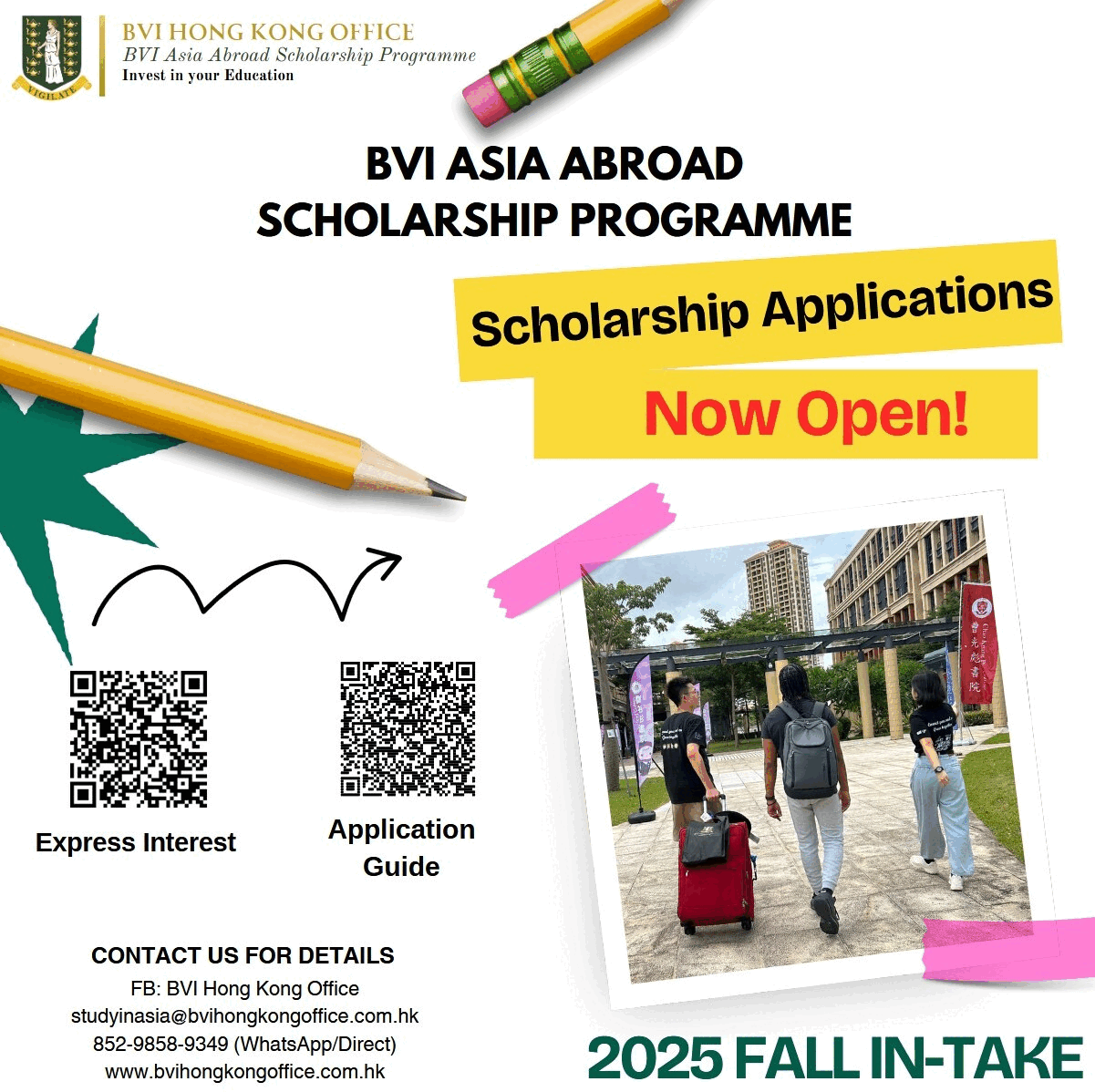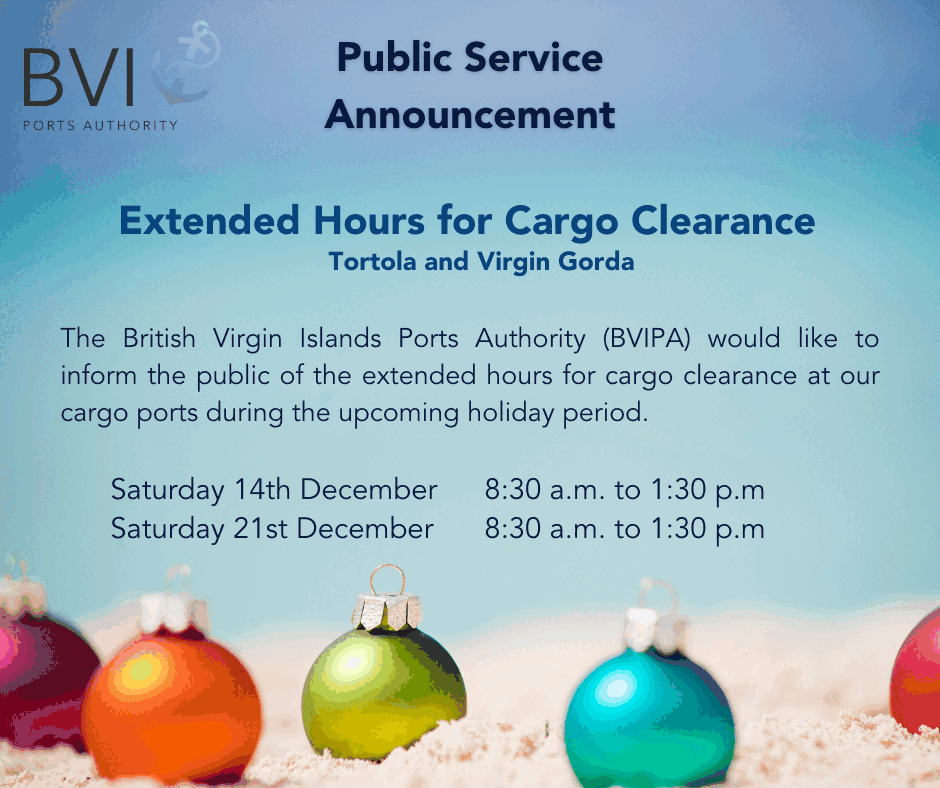First African & woman takes WTO helm after being blocked by Trump
Ngozi Okonjo-Iweala will make history Monday when she becomes the first African and woman to lead the increasingly bruised and battered World Trade Organization.
But now comes the hard part.
The former Nigerian Finance Minister is taking the reins of the WTO during one of the most tumultuous periods for global trade. President Donald Trump's combative response to China's aggressive pursuit of dominance in key technology sectors tore at the seams of the rules-based trading system the United States helped create after World War II.
Okonjo-Iweala, who holds dual U.S. citizenship, will have to quickly demonstrate her ability to bring countries together after four years of growing mistrust generated largely by Trump’s highly disruptive “America First” trade policy. There will be tremendous pressure on her to produce significant results by the end of the year, when the WTO is expected to hold its first ministerial conference under her watch.
"Given the interconnectedness of the world’s economies, a collective response to current and emerging challenges will always be stronger than individual responses," Okonjo-Iweala told the WTO General Counsel last fall. "As we put it in my Igbo language, 'Aka nni Kwo aka ekpe, aka ekepe akwo akanni wancha adi ocha' (If the right washes the left hand, and the left hand washes the right hand, then both become clean). This is a call for collective action."
As a relative newcomer to the trade world, Okonjo-Iweala has the opportunity to bring a fresh perspective to issues negotiators have thrashed over for years. Her selection also represents hope for a bigger African presence in the global economy and governance. She'll stride a world stage still dominated mostly by men.
"There’ll be a lot of political incentives to work with her," said Dmitry Grozoubinski, a former Australian trade negotiator who now leads the Geneva Trade Platform, a trade policy think tank. “It is helpful that she’s a new fresh face at the WTO.“
WTO time bomb: Still, the 66-year-old U.S.-trained economist — she earned her bachelor's degree at Harvard and Ph.D at the Massachusetts Institute of Technology — will take over leadership of an organization struggling to remain relevant and bedeviled by friction between the world’s two economic heavyweights: China and the United States.
There’s also a quietly ticking time bomb that could blow up this year just as Okonjo-Iweala is cajoling members to buckle down and produce results in areas ranging from fishing subsidies to e-commerce at a ministerial conference expected to take place in December.
That’s the extremely delicate issue of whether the United States violated WTO rules when Trump invoked a national security provision in 2018 to unilaterally raise tariffs on steel and aluminum.
A ruling in favor of the United States would open the door to any country using that provision to unilaterally raise duties, unraveling commitments at the heart of the WTO.
A decision against it could further undermine U.S. support for the 26-year-old organization by impinging on the ability of future U.S. presidents to act in what they regard as the best interest of the nation. It would also force President Joe Biden to decide whether to abide by the ruling, exposing himself to attacks by Trump and his allies.
In one bit of good timing, Okonjo-Iweala starts her four-year term just as Biden is settling into office. The former vice president and chair of the Senate Foreign Relations Committee has stressed the importance of allies and adherence to international rules.
But behind the hostility that Trump often showed to the WTO are serious U.S. concerns about the organization it helped to create in the early 1990s. On subjects ranging from the operations of the WTO Appellate Body to the disparity in market openness between the United States and other large WTO members, it’s not clear the Biden administration will take a significantly different tack.
New kid on the block: Okonjo-Iweala’s ability to help fix those problems and avoid the WTO becoming little more than a trade debating society on the shores of Lake Geneva will depend largely on her diplomatic skills and powers of persuasion.
“It's critical to point out that the director-general doesn't have enormous decision-making powers,” said Rufus Yerxa, a former U.S. trade official who served as WTO deputy director-general from 2002 to 2013. “The director-general cannot force the membership to accept anything.”
Okonjo-Iweala spent 25 years working on development issues at the World Bank, rising to the number two position. She served twice as Nigeria's finance minister, the first woman to hold that job.
She campaigned in 2012 to become the first African and woman to run the World Bank, a job that once again went to an American. Okonjo-Iweala became a U.S. citizen during the Trump administration, when many foreigners were finding it difficult to enter the country.
Last fall, the Trump administration blocked her selection as WTO director-general, even though she gained the support of the rest of the membership. It said the other remaining candidate, South Korean Trade Minister Yoo Myung-hee, was far more qualified.
“We need a person who actually knows trade, not somebody from the World Bank who does development,” former U.S. Trade Representative Robert Lighthizer later told the Financial Times. “There are very few areas where you would say, ‘here’s an organization in very bad shape, let’s get someone who knows nothing about its core mission.’”
It took Biden’s election and a change in the U.S. position to clear the way for Okonjo-Iweala’s historic selection.
She’s taken a crash course in the arcane and often highly technical world of international trade over the past nine months as she campaigned for the WTO post, eventually defeating a field of seven other candidates. But she’ll still be entering an arena where others have spent years immersed in the minutiae of trade policy.
Okonjo-Iweala’s inexperience doesn’t mean she can’t be effective, Yerxa said.
“One of the very best director-generals the system ever had was Peter Sutherland,” a former attorney general of Ireland and European Union competition commissioner who knew little about trade before taking on the job, he recalled. Sutherland “banged heads and got everybody to get together and finish the Uruguay Round” of world trade talks that created the WTO.
"Current problems are not solely of a technical nature," Okonjo-Iweala said last fall. "If they were, they would have been solved long ago, given the technical expertise available among members and in the WTO Secretariat. A number of these problems require political solutions and deep experience in multilateral organizations, skills I would bring to the job."
A built-in bucket list: Still, the trade challenges facing the WTO now are perhaps the biggest it has ever tackled and can broadly be divided into three big buckets: the functioning of the dispute settlement system, its failure to negotiate new multilateral trade agreements and a set of other disruptive issues raised mainly by the United States.
Those include concern over China’s state-led capitalism and use of industrial subsidies that were at the root of Trump’s decision to unilaterally impose duties on more than $350 billion worth of Chinese goods, a move later found to violate WTO rules.
There are also the built-in tariff disparities caused by the WTO’s most-favored nation system, which requires each member to apply the same tariff schedule to all other members.
The problem, from the U.S. point of view, is that its tariffs are generally lower than many other big players in the WTO system, such as India, Brazil and China. Plus, WTO rules permit members to self-designate as “developing countries,” which enables them to avoid taking on deep new market-opening commitments.
Both China and India designate as developing countries, even though they are ranked by the International Monetary Fund as the world's second and fifth largest economies.
A key early test for Okonjo-Iweala will be whether she can broker a deal between the U.S. and the rest of the membership to revive the WTO Appellate Body, which until 2019 had the final word on trade disputes brought to Geneva for resolution.
The Trump administration, angered by many of the Appellate Body's rulings, disabled the panel by blocking the appointment of new judges as the terms of previous judges expired.
However, the U.S. concern that the Appellate Body overstepped its bounds by imposing obligations on the United States that it never agreed to accept is shared by Republicans and Democrats. That makes the issue exceedingly difficult for any director-general to resolve.
The road goes on forever: The WTO has negotiated just one new agreement covering its entire membership in its 26-year history. And that pact, the 2013 Trade Facilitation Agreement, was only possible because it gave developing countries a huge amount of flexibility in the commitments they implemented.
To get around that problem, countries have begun negotiating plurilateral agreements in areas such as digital trade among a subset of willing WTO members.
But Okonjo-Iweala could face pressure from countries like India and South Africa to pull back from the “joint initiative” approach since those efforts put pressure on them to make reforms, even when they do not participate in the negotiations.
Plurilateral or otherwise, talks at the WTO are measured in years, rather than weeks or months, frustrating anyone who is hoping for quick results. That’s a lesson that Okonjo-Iweala is likely to learn soon enough.
“All she can really do is utilize her bully pulpit and support the member-states,” Grozoubinski said. “You can’t make people charge up a hill they fundamentally don’t want to.”












.png)
























Leave a Reply